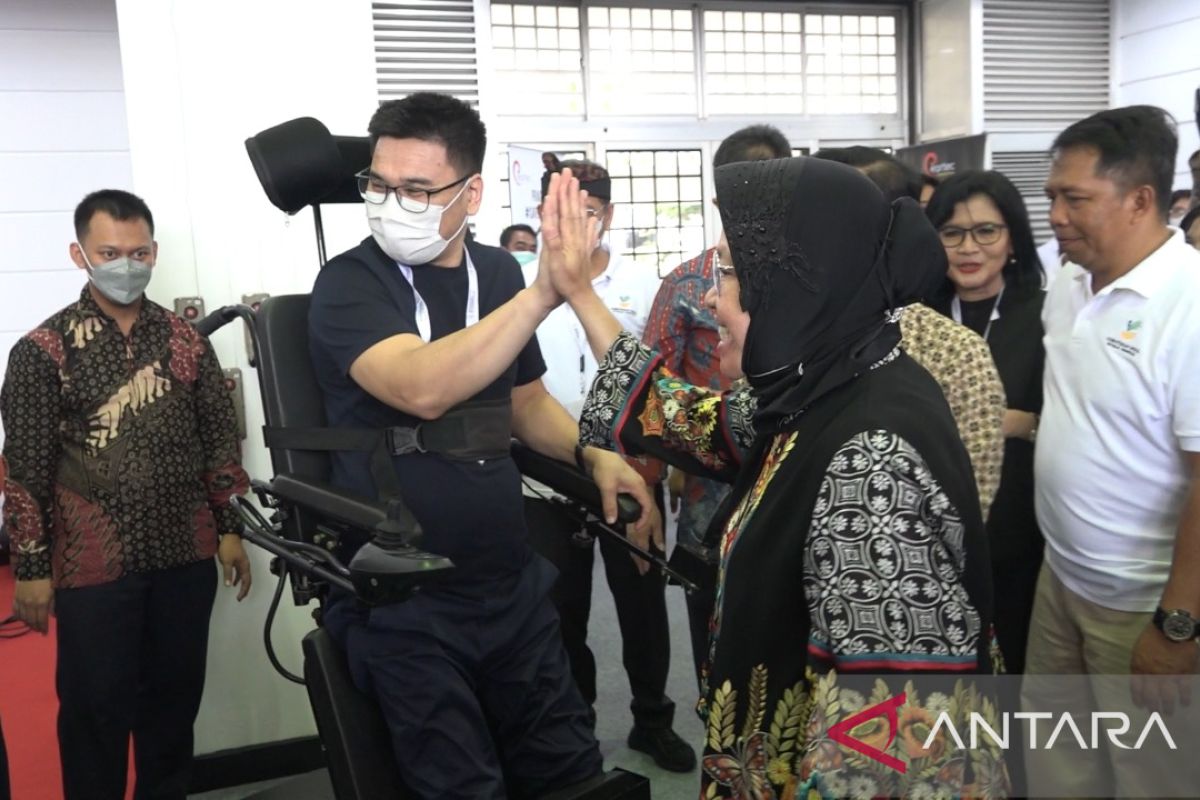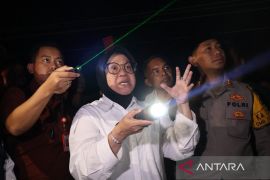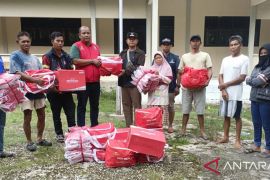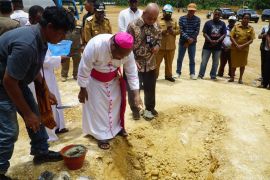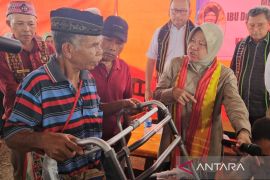Usually, I always looked at people from a lower position, but now I can see with the same perspective as everyone elseJakarta (ANTARA) - The Ministry of Social Affairs has adopted a technological approach to help people living with disabilities become independent in their daily activities.
People living with disabilities mostly need assistive devices, Social Affairs Minister Tri Rismaharini noted.
"But the second thing they need is to become independent in the future. They cannot depend on people, they must be independent," she stressed in Bogor District, West Java Province, on Friday.
She informed that her ministry will support and empower people living with disabilities by helping them in the world of work and also entrepreneurship.
To delegates participating in the final review of the implementation of the Asian and Pacific Decade of Persons with Disabilities, she showed a number of assistive devices built for persons with disabilities, which have also been produced by persons living with disabilities themselves.
For example, the minister showed three-wheeled motorcycles that can help people living with disabilities run a trade, adaptive sticks for blind people, water-level meters for blind people to mix drinks, adaptive wheelchairs, and special wheelchairs for people with cerebral palsy.
One of the delegates with physical disabilities from Mongolia, Undrakhpay Chuluundavaa, got a chance to try out an adaptive wheelchair made by a disabled person. With the help of the device, he was able to sit and stand straight. In addition, the wheelchair could be moved in the desired direction according to the user's needs.
Related news: Ministry provides aid worth Rp3 bln to quake victims
Chuluundavaa said that this is the first time he has tried an adaptive wheelchair. According to him, it can help him feel free to move and encourage him to be more independent. He further said that the wheelchair changed his point of view.
“Usually, I always looked at people from a lower position, but now I can see with the same perspective as everyone else," he added.
Likewise, a delegation with visual impairments from Thailand, Monthian Buntan, expressed amazement at the adaptive stick. According to Buntan, sticks with water and fire sensors are a good innovation for the future for people living with disabilities.
Related news: Gov't hands over compensation to heirs of Kanjuruhan victims
Buntan said he hopes that the adaptive stick can be made thinner and lighter as a guide for comfortable mobility. In addition, he suggested that the features on the stick be connected to smartphones.
"If there is an increase in the features of the stick, I will definitely buy it and try it myself," he remarked.
The Ministry of Social Affairs also showcased several products made by people with physical and psychosocial disabilities such as batik, coffee products, weaving products, and action figure handicrafts before the delegates.
The exhibition, which was held at Inten Suweno Integrated Center, Bogor district, West Java, also introduced people living with disabilities who have become volunteers for disaster preparedness (Difagana).
Related news: Ministry endeavors to improve job training for disabled people
Related news: Child with mental disorder granted wish to return to school
Translator: Devi Nindy Sari R, Resinta S
Editor: Fardah Assegaf
Copyright © ANTARA 2022
